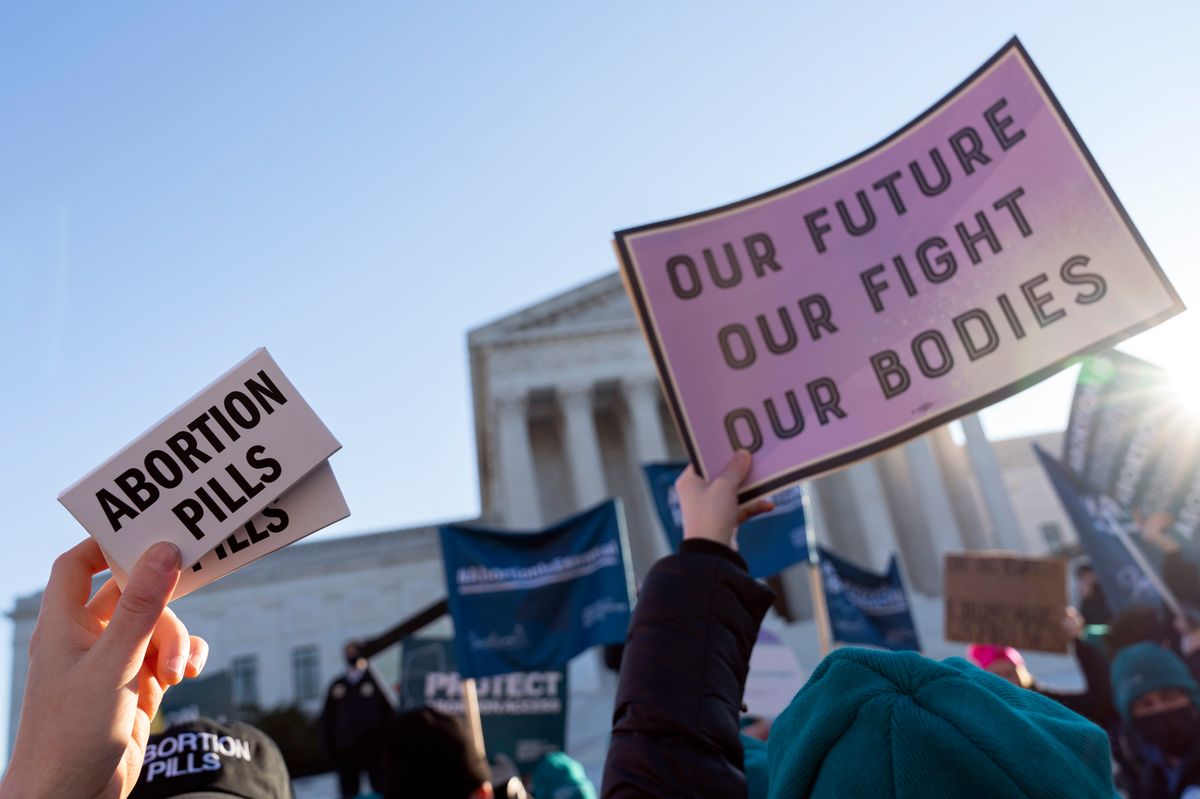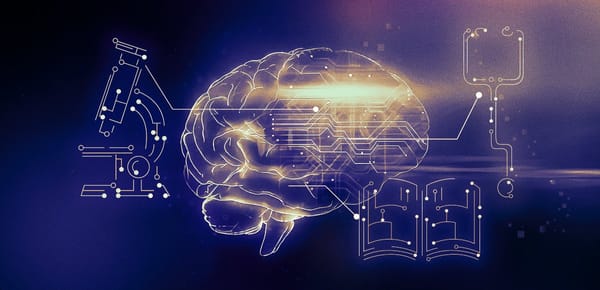Abortion in the USA: Navigating a Complex and Controversial Issue
Abortion is a topic that has long stirred passionate debates and discussions in the United States.

Introduction
Abortion is a topic that has long stirred passionate debates and discussions in the United States. It's a complex issue that touches upon a multitude of ethical, legal, and societal considerations. The matter of abortion involves deeply held beliefs, personal autonomy, and questions about when life begins. In this blog, we'll delve into the various facets of abortion in the USA, exploring its history, legal status, arguments from both sides, and the broader impact on society.
History Context
Abortion has woven itself into the tapestry of human history, leaving imprints across diverse cultures and eras. In the annals of ancient Greece and Rome, abortion was an acknowledged practice with roots stretching far back in time. As the United States emerged onto the world stage, the initial century witnessed abortion existing in a realm of relative consensus. It retained its legality until the occurrence of "quickening," the moment when the expectant mother could discern fetal movement. Strikingly, the earliest movement opposing abortion within the U.S. was propelled not by moral or religious convictions, but rather by physicians aiming to standardize medical practice. This era saw midwives as the primary purveyors of abortion services, employing techniques transmitted across generations.
In the context of the United Kingdom, the emergence of abortion within English law is traced back to the 13th Century. Guided by Church doctrine, the prevailing belief was that abortion remained permissible until the juncture of "quickening," a point signifying the infusion of the soul into the developing fetus.
Legal Framework
The legal landscape surrounding abortion displays a striking divergence across nations. The majority of countries permit abortion within specific circumstances, notably when a pregnancy poses a threat to the pregnant woman's life or health or in instances of rape, incest, or fetal abnormalities. Nevertheless, a subset of nations has instituted comprehensive bans on abortion.
Prominent human rights entities have underscored the imperative of decriminalizing abortion and ensuring unfettered access to these services, in alignment with the tenets of human rights standards. Refusing women access to abortion services can potentially constitute infringements upon rights encompassing health, privacy, and, in certain scenarios, protection against cruel, inhumane, and degrading treatment.

Resonating with this, the World Health Organization (WHO) affirms that abortion constitutes a routine health intervention, characterized by safety when executed through WHO-recommended methods suitable for the gestational stage, administered by appropriately skilled individuals. The absence of accessible, secure, affordable, and considerate abortion care emerges as a critical crossroads where public health and human rights intersect.
Diverse Viewpoints in a Complex Discourse
Abortion, an intricate and polarizing subject, evokes fervent viewpoints from proponents and opponents alike. Here, we present prevalent arguments for and against abortion:
Proponents of Choice:
- Fetal Attachment: The fetus is intricately linked to the mother through the placenta and umbilical cord, relying on her well-being for sustenance. This interdependence negates its status as a distinct entity since it cannot survive apart from its womb.
- Personhood Distinction: Distinguishing personhood from human life, proponents argue that while human life commences at conception, the same holds for embryos conceived via in vitro fertilization. Many of these embryos go unused, signifying the complexity of defining their value.
- Adoption Dynamics: Countering adoption as an alternative, advocates stress that the decision to relinquish a child remains the woman's prerogative. Statistics reveal that a minor fraction of birthing mothers opt for adoption.
- Safety in Abortion: Emphasizing abortion's safety, the majority of procedures occur during the initial trimester, underlining its medical nature.
Proponents of Life:
- Beginning of Life: Anchored in the belief that life originates at conception, adversaries equate abortion with homicide, asserting that it entails terminating human existence.
- Ethics of Harming: Drawing a parallel with societal norms, opponents argue that no civilized society tolerates intentional harm or killing of one human by another, viewing abortion as no exception.
- Alternatives Through Adoption: Presenting adoption as a viable substitute, proponents of life contend that it accomplishes the same end result, permitting the unborn child to thrive.
- Long-Term Medical Concerns: A potential consequence of abortion, opponents underscore its potential to lead to medical complications later in life.
It's essential to recognize that the spectrum of perspectives on abortion extends beyond these two stances, embodying intricate nuances. The choice to undergo an abortion is deeply personal, warranting individual deliberation in conjunction with medical guidance. This compilation aims to elucidate the multifaceted debate and foster a comprehensive understanding of the diverse viewpoints at play.
Social and Economic Impact of Abortion
Abortion's impact reaches deeply into society and economies, touching lives at personal, familial, and societal levels. Legitimate and secure abortion services hold the potential to reshape women's well-being, educational pursuits, careers, and overall economic stability.

Unsafe abortion stands as a preventable yet significant peril, highlighted by the World Health Organization (WHO), leading to maternal health challenges and even fatalities. It casts shadows of physical and psychological health complications while imposing social and economic burdens on women, communities, and healthcare systems. The dearth of accessible, prompt, cost-effective, and empathetic abortion care emerges as a crucial crossroads where public health and human rights intertwine.
A tapestry of economic research weaves abortion's intricate influence on women's lives. For instance, the Brookings Institution's study illustrates how abortion access can bolster women's education, workforce involvement, and earnings. Conversely, dissenting viewpoints posit potential economic drawbacks, such as shrinking the labor force and impeding economic growth. Additionally, abortion imprints itself on societal dynamics. Women who undergo abortions may grapple with societal stigma, discrimination, or even familial reproach. In specific regions, legal consequences might shadow women's decisions to opt for abortion.
FAQs
Is abortion legal?
It depends on where you live. Some states have banned abortion or created lots of restrictions. But abortion is still legal in many states, and it's legal to go to a different state to get an abortion.
Is the consultation necessary if I already know what I want to do?
Yes, there is a legal requirement that you see a client advisor and a doctor, and two doctors’ signatures are necessary on the relevant forms.
Is abortion safe?
Both in-clinic and medication abortions are very safe. In fact, abortion is one of the safest medical procedures out there — it has a lower complication rate than other common medical procedures, like getting your wisdom teeth pulled. And abortion pills are safer than medicines like penicillin, Tylenol, and Viagra.
The Future of Abortion
The path ahead for abortion is intricate and uncertain, shaped by an interplay of diverse factors. Evolution in the legal landscape, medical strides, and societal shifts contribute to this intricate tapestry.
A vivid illustration of this lies in the United States, where the impending future of abortion hinges on legal clashes concerning access to abortion services. The Supreme Court's impending reevaluation of Roe v. Wade, the landmark 1973 verdict that safeguarded nationwide abortion rights, holds the potential to criminalize prevalent abortion procedures in certain states. This could compel abortions into hidden domains, reintroducing legal and medical hazards into what was once a standardized and secure process.
Simultaneously, the surge of medical technology diminishes the imperative for surgical abortions. The emergence of innovative pharmaceuticals now empowers individuals to discreetly and safely conclude pregnancies through abortion pills. The digital age has ushered in a novel form of clandestine network, where practitioners, volunteers, and pregnant individuals alike navigate calculated risks in a transformed landscape.
Conclusion
The topic of abortion encompasses a vast and intricate tapestry of legal, ethical, medical, and societal considerations. The historical, social, and economic impacts of abortion ripple through individuals, families, and communities, leaving an indelible mark on personal choices and societal attitudes. As the future of abortion unfolds, it is shaped by legal battles, medical advancements, and evolving perspectives, all of which contribute to a complex landscape that demands thoughtful dialogue and compassionate understanding. Amidst these debates, it remains essential to recognize the profound significance of individual autonomy, women's health, and the broader implications for public health and human rights. The journey towards a nuanced comprehension of abortion's multifaceted dimensions continues, embracing a diversity of viewpoints and engaging in conversations that foster empathy, respect, and the pursuit of informed decisions.




